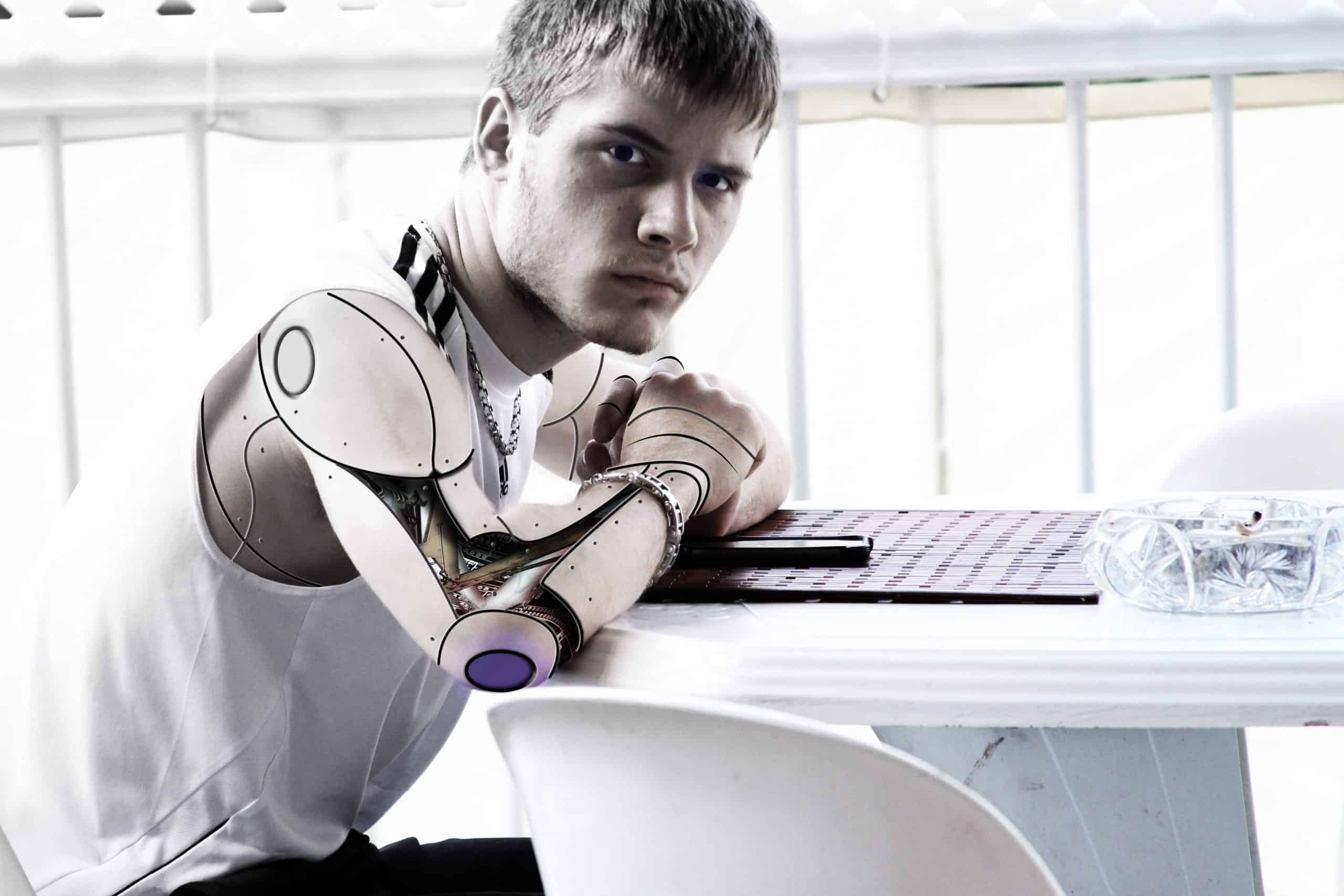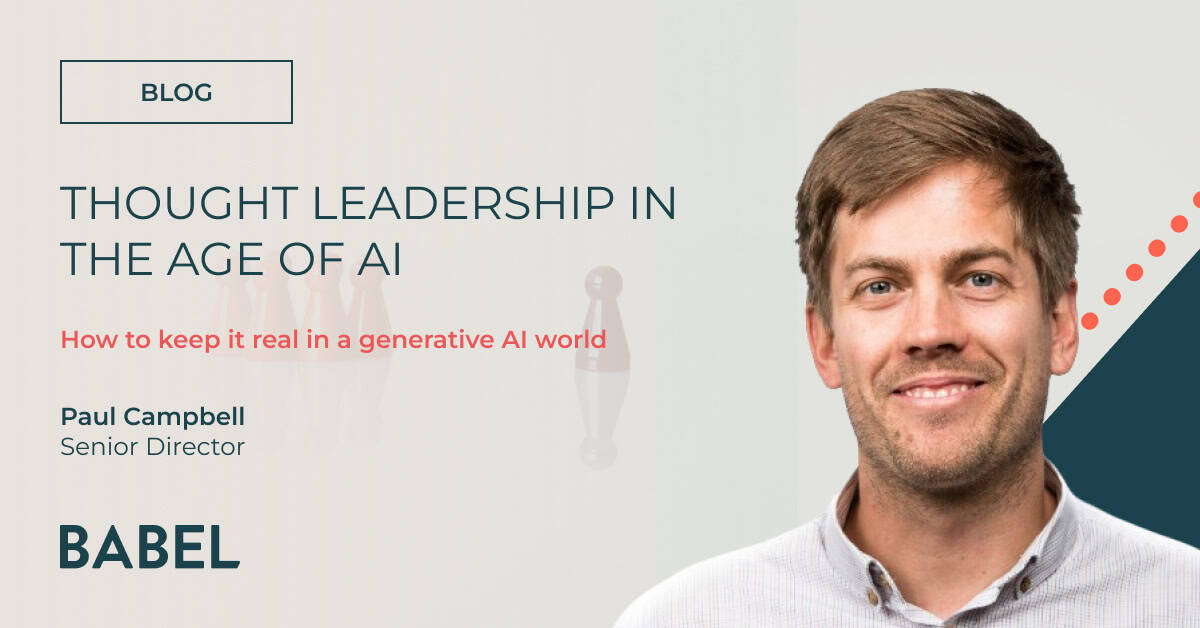
Artificial Intelligence – friend or foe?
Just a decade ago, Artificial Intelligence (AI) sounded like something out of a Hollywood sci-fi blockbuster. Now as Mark Zuckerberg and many more including Google, Microsoft and Elon Musk announce plans to build AI systems that will surpass human intelligence, it seems we might not be as far off an AI-filled world as we think.
With this new technology becoming commonplace in our lives, it is no surprise it has not only triggered exciting thoughts but generated concerns with experts and the public alike. The worry that seems to be resonating as the AI trend explodes into mainstream is, could AI-enhanced technology ever really get out of hand as so often shown in Hollywood movies? Or could researchers, driven by investors, unknowingly cross the boundaries where the dystopian concerns of H G Wells start to become a reality?
With programmes like Channel 4’s Humans and films such as The Terminator, that purposefully dramatise man’s fear of creating a ‘superintelligent’ machine that eventually overpowers them, it’s no wonder there is some anxiety surrounding AI.
Over the past five years, glimpses of AI-services have crept into our everyday lives; from Google’s self-driving car to Apple’s Siri, Microsoft’s Cortana and Facebook’s facial recognition. The potential of AI is of course huge, but humans still have plenty of control. AI will only be as powerful as we allow it to be.
For some it is not the possibility of ‘robots gone wild’ that is terrifying, it is humans using them against each other in a magnitude of ways; terrorism, war, infringement on personal privacy, or self-gain in industries like the financial sector. As with all software, AI can also become victim to cyber-attack, but because this technology will be charged with making highly important decisions such as driving cars and operating high risk equipment, the consequences have the potential to be much more severe. As technology develops, so will hackers. Elon Musk, CEO and product architect of Tesla Motors, recently described AI as ‘potentially more dangerous than nukes.’
Perhaps a more optimistic view should be considered as AI has the potential to empower humans rather than exterminate them. As with all machines, people will be needed to maintain and man them and many could be developed to perform tasks unable to be done by humans such as deep sea engineering, exploring space and testing potentially dangerous drugs. Recently, a teenage boy was cured of epilepsy after new Neuromates Robot was able to perform a high precision operation that could almost certainly not have been carried out by a human.
It is clear we are much more likely to work with AI machines in the future rather than be overthrown by them, even if not for the greater good. The developments in AI space resulting in replacing humans in certain laborious, repetitive tasks at home and in demanding work cultures is certainly appealing to most.
However, Zuckerberg himself says self-learning AI is a long way off, so it might be some time before you find Ava from Ex Machina in your home or workplace.





